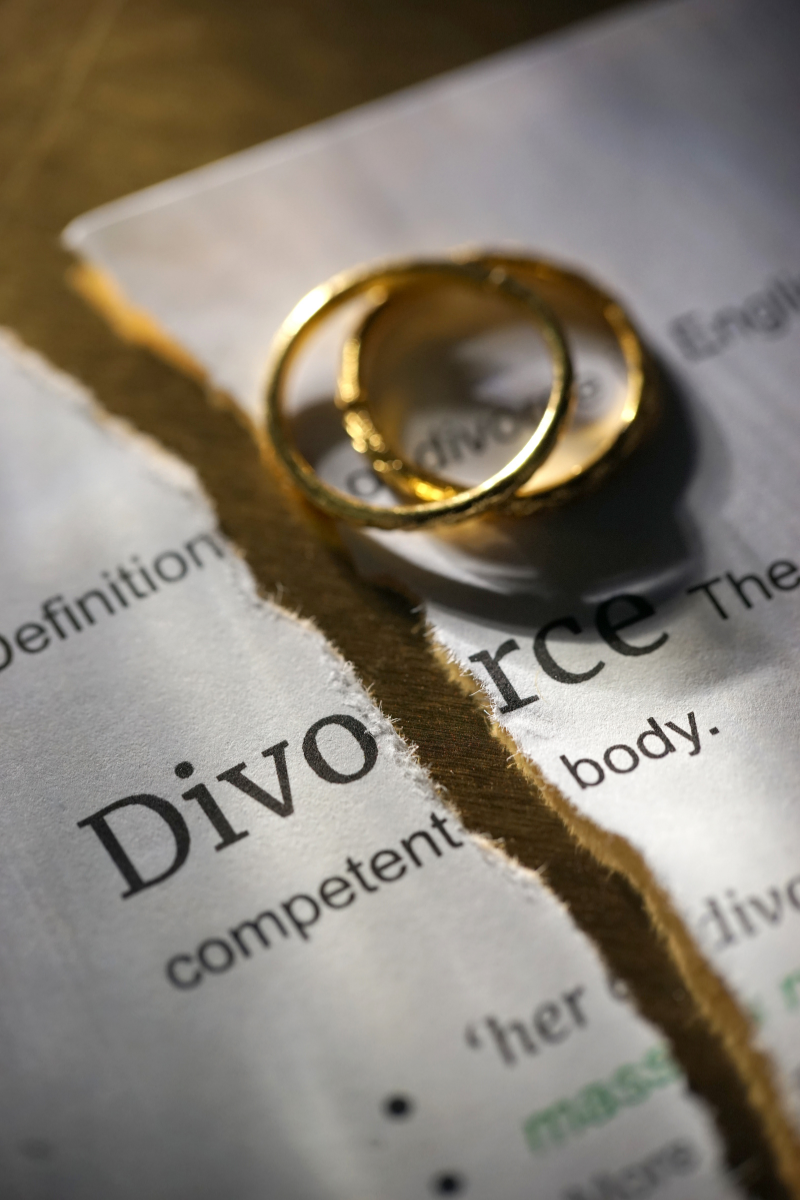Is Your Marriage Broken Beyond Repair? Top Divorce Lawyer Reveals 7 Shocking Signs It’s Time to End Things
Marriage is a journey—one filled with highs, lows, and everything in between. But what happens when the lows seem permanent, and the bond you once shared feels irreparably damaged?
At Masters Law Group, we understand that making the decision to divorce is never easy. If you’re questioning whether your marriage is beyond repair, there are red flags you shouldn’t ignore. Our team of experienced divorce attorneys in Chicago and DuPage County is here to help you make informed, confident choices about your future.
Here are seven surprising signs it may be time to seek legal guidance—and potentially, a fresh start.
1. Communication Has Completely Broken Down
If honest conversations have been replaced with silence, sarcasm, or constant arguments, your marriage may be in dangerous territory. Lack of communication erodes emotional intimacy and often leads to misunderstandings, resentment, and distance that feels impossible to close.
Learn more about how we handle high-conflict divorce cases on our Divorce Services page.
2. You’re Living Like Roommates, Not Partners
If your relationship feels more like a shared living arrangement than a marriage—with no shared goals, affection, or connection—it could indicate deeper issues. Couples who function as cohabitants rather than partners often drift so far apart that reconciliation becomes unlikely.
3. There’s a Lack of Trust or Repeated Betrayals
Infidelity, financial secrecy, or other forms of betrayal can permanently damage trust. While some couples can rebuild, ongoing dishonesty often signals that the foundation of the relationship has crumbled.
In these cases, it’s important to protect your personal and financial interests. If you’re in Illinois, our attorneys can help you navigate complex matters like asset division and spousal support.
4. You Stay Together “For the Kids”—But It’s Not Working
Many parents remain in unhappy marriages for the sake of their children. While well-intentioned, children are often more affected by toxic environments than by two separate, happy households. If the marital conflict is ongoing, it may be healthier for everyone to move forward.
Masters Law Group offers compassionate support and guidance in cases involving parenting time and allocation of parental responsibilities.
5. You Fantasize About Life Without Your Spouse—Constantly
It’s normal to imagine different futures from time to time, but if you regularly dream about life without your spouse—and those dreams bring you relief or excitement—it could be a sign that your emotional connection is gone.
6. There’s Emotional or Verbal Abuse
Abuse isn’t always physical. Emotional manipulation, control, gaslighting, and verbal degradation are serious issues that can make staying in a marriage unsafe or unhealthy. You deserve to feel respected and secure in your relationship.
If you’re in immediate danger or need to discuss your legal options confidentially, our team can help you explore orders of protection and other legal safeguards.
7. You’ve Tried Counseling or Therapy Without Progress
Therapy can be incredibly helpful—but only if both partners are willing to engage. If you’ve exhausted efforts to repair your marriage through counseling and nothing has changed, it might be time to consider next steps.
At Masters Law Group, we believe in informed decision-making. That’s why we offer personalized consultations to explore your options and help you determine whether divorce, legal separation, or mediation is right for you.
Considering Divorce in Illinois, Chicago, or DuPage County?
Whether you’re located in downtown Chicago or the suburbs of DuPage County, our team is here to support you with professionalism, discretion, and care. We handle a wide range of family law matters throughout Illinois and have deep experience working within both Cook County and DuPage County court systems.
Our services include:
Final Thoughts
Ending a marriage is never an easy decision. But recognizing the signs of a broken relationship can be the first step toward healing and a better future. If you’re considering divorce in Illinois and need legal guidance you can trust, Masters Law Group is here to help.
📞 Schedule your consultation today
Serving clients in Chicago, DuPage County, and throughout Illinois.
Frequently Asked Questions (FAQs)
How do I know if it’s time to get a divorce?
If your marriage is marked by ongoing conflict, lack of communication, emotional disconnection, or unresolved issues despite counseling, it may be time to explore your legal options. Speaking with a qualified divorce lawyer in Illinois can help you better understand your rights and next steps.
What is the divorce process like in Illinois?
In Illinois, divorce (legally known as “dissolution of marriage”) can be contested or uncontested. The process generally includes filing a petition, serving your spouse, disclosing financial information, negotiating or litigating terms, and finalizing the judgment. Our Chicago divorce attorneys guide you through every phase with clarity and compassion.
Do I need a lawyer to get a divorce in DuPage County?
While it’s not legally required, working with a knowledgeable DuPage County divorce lawyer can ensure that your interests are protected—especially when dealing with complex issues like child custody, asset division, or spousal maintenance.
How long does it take to finalize a divorce in Illinois?
The timeline varies based on the complexity of your case and whether it’s contested. An uncontested divorce in Illinois can take as little as a few months, while contested cases may take a year or more. An experienced attorney can help streamline the process.
Can I get divorced if my spouse doesn’t agree?
Yes. Illinois is a no-fault divorce state, which means you do not need your spouse’s consent. If one party believes the marriage is irretrievably broken, that’s sufficient legal grounds for divorce.
What should I bring to my initial divorce consultation?
Bring any relevant documents such as prenuptial agreements, financial records, custody arrangements, or court orders. This helps your divorce attorney evaluate your situation and provide tailored legal advice.
































